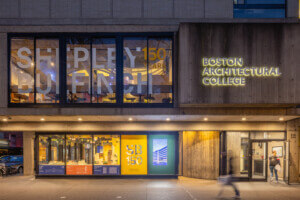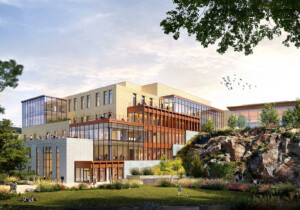Boston-area drivers spend too much time stuck in traffic. To combat congestion in the city center, Boston city officials may follow San Francisco’s move to improve traffic flow by charging more for parking at peak times.
Donald Shoup, former professor of planning at UCLA, is famous for arguing that, at any given time, about one-third of drivers on city streets are looking for parking. His disciples at the San Francisco Municipal Transit Authority created SFpark, a congestion control model that puts Shoup’s ideas into practice in the form of surge pricing for on-street parking (see the full report here). Shoupistas in Boston may follow suit.
Inexpensive parking makes it easier for drivers to leave their cars parked for longer periods of time. Other drivers hunting for parking cause gridlock and delays. Following SFpark, Boston will introduce parking prices tied to peak traffic in select downtown locations. Mayor Walsh commented that, in addition to applying market logic to parking, the move may spur more drivers to opt instead for mass transit.
Currently, $0.25 buys you 12 minutes of parking at most meters in Boston, regardless of the day or time. Officials haven’t decided on how high the meters will go, but in San Francisco, peak parking costs up to $7.00 per hour. To prepare for a pilot program, Boston officials will study the proposal’s impact on Fenway, Back Bay, and other downtown neighborhoods.
The peak pricing initiative is part of an overall effort to modernize parking infrastructure and reduce gridlock downtown. Approximately 8,000 older meters are being replaced with new meters that accept credit cards and can be programmed to accommodate surge pricing. In turn, the city can create “parking zones” where certain blocks in high demand zones are priced higher than less desirable blocks. To fight gridlock, Mayor Walsh pointed to surveillance at intersections that will identify motorists who “block the box,” as well as those who double park.
When reprogramming traffic, it is often a challenge to balance the needs of motorists with the needs of everyone else. In addition to Boston, Cleveland, DC, and Denver are working on innovate ways to alleviate congestion to make healthier streets for all.










